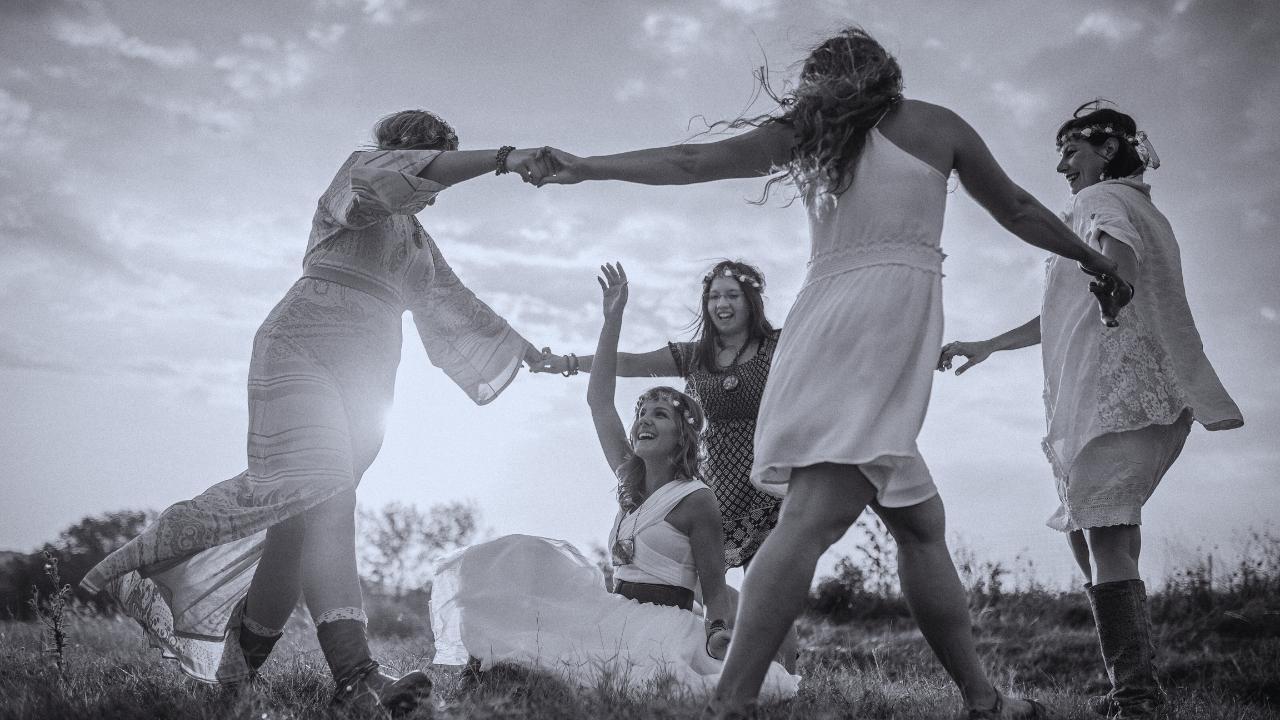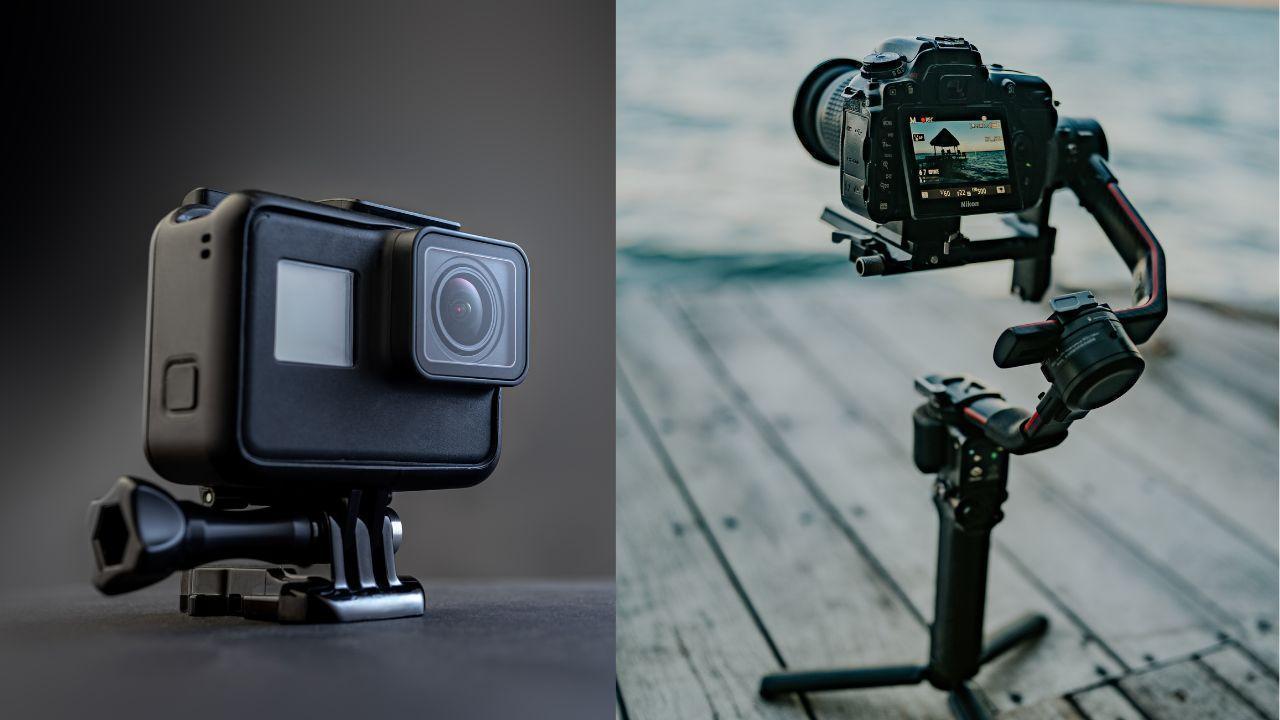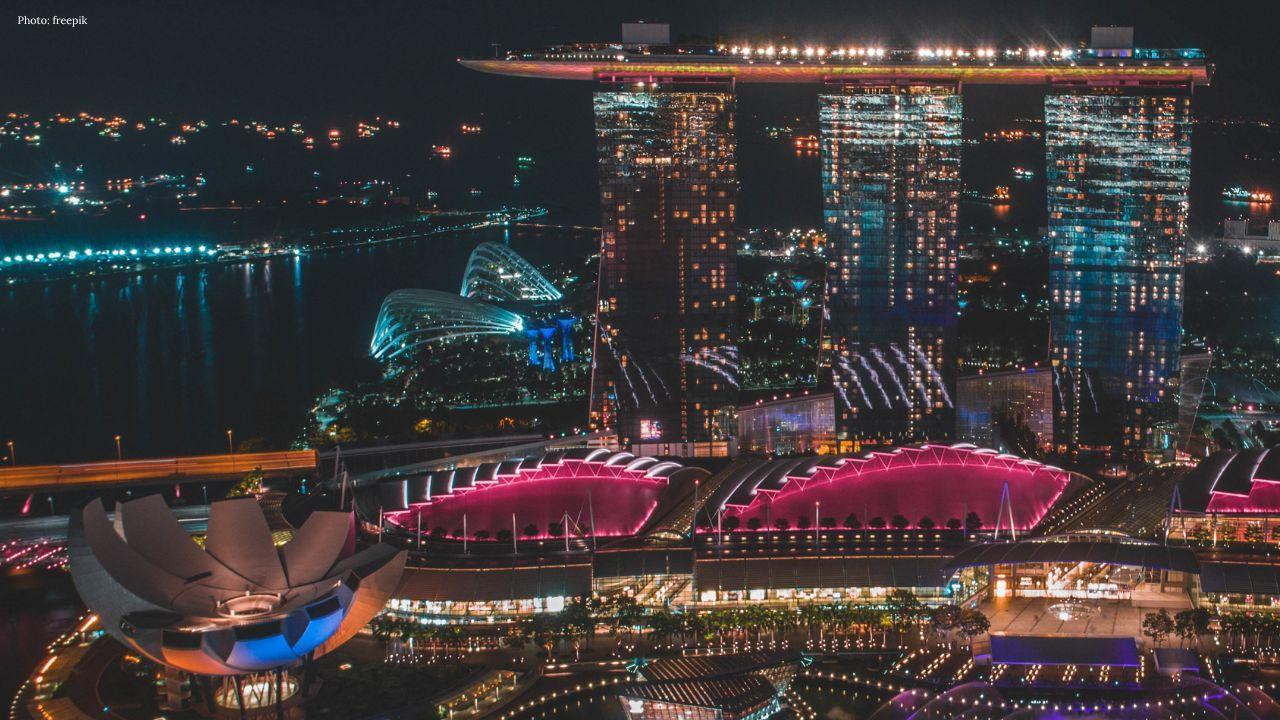You have not yet added any article to your bookmarks!

Join 10k+ people to get notified about new posts, news and tips.
Do not worry we don't spam!

Post by : Anis Farhan
When we’re kids, friendships come easily. A shared snack, a game on the playground, or being seatmates in class is all it takes to strike up a bond. But something shifts as we grow older. The innocence and openness that once defined our connections seem to fade. By the time we hit adulthood, many of us realize something quietly unsettling — making new friends is no longer simple. In fact, it feels awkward, slow, and even intimidating. So why does this happen?
As children and teens, our environment naturally pushes us toward social interaction. School, extracurriculars, college dorms — they all provide structured, repeated exposure to the same people. In adulthood, these organic meeting points disappear. Jobs, cities, schedules, and responsibilities scatter people in different directions. You’re no longer automatically surrounded by peers with similar goals, interests, and timeframes. This lack of proximity and consistency weakens the ease of forming new friendships.
Modern adult life is a carefully balanced juggling act. Work, bills, family duties, self-care, and digital distractions consume the day. Even when we crave connection, finding time — or energy — to meet new people becomes difficult. The sad irony is that everyone feels busy, and everyone feels lonely, but no one wants to be the first to say it. So we scroll, we stay in, and we convince ourselves that maybe we’re just too tired.
Friendship, like any relationship, needs intentionality. It needs to be prioritized. But in a world where productivity is often seen as the gold standard, emotional maintenance takes a backseat.
We are the most connected generation in history. Or at least, it looks that way. Social media gives the illusion of intimacy — likes, emojis, DMs, and shared stories simulate closeness. But digital connections lack depth. We often confuse online interactions with real friendships, but they rarely provide the emotional safety, vulnerability, and trust that define a meaningful bond.
Moreover, social media adds an invisible pressure — everyone seems to already have their group. Their brunch friends. Their travel gang. Their birthday squad. It makes reaching out feel like you’re intruding or like you’ve somehow missed the memo. The result? You hesitate. And that hesitation quietly builds walls around you.
Childhood friendships are formed with little fear. But adulthood brings emotional baggage. Past betrayals, ghosted friendships, one-sided efforts — they leave their marks. Over time, people become more cautious. Vulnerability feels riskier. Reaching out becomes scary. You wonder: What if they think I’m too eager? Too needy? Too much?
This fear is compounded by the idea that adults are "supposed to" have it all figured out — a career, a family, a friend circle. So if you’re lonely in your 30s or 40s, it can feel embarrassing to admit. But the truth is, millions feel the same way.
As we age, we develop sharper identities — opinions, politics, values, lifestyles. While this is healthy, it can also make us more judgmental. In our youth, we might have bonded over surface-level fun. But in adulthood, we seek deeper alignment. We subconsciously filter potential friends through our beliefs, priorities, and backgrounds. Sometimes, we dismiss people too early — they’re not my vibe, too different, we wouldn’t get along.
And yet, meaningful friendships often come from the most unlikely places. By pre-judging too quickly, we sometimes rob ourselves of the very thing we’re looking for — connection.
In your 20s and 30s, life changes fast. People switch jobs, get married, become parents, move countries. The pace of change disrupts even the closest of bonds. Friendships that once felt effortless begin to feel strained — different routines, time zones, priorities. Slowly, without drama, people drift. You still care, but you speak less. And in that silence, the gap grows.
When old friendships fade and new ones don’t take root easily, a strange loneliness emerges. You’re surrounded by people but not truly seen. It feels like a form of social invisibility.
In many Asian societies, adulthood is often linked with marriage, family, and career — not friendships. There’s an unspoken belief that as you "settle down," the need for friends fades. Especially for women, motherhood often becomes a primary identity, making social life feel like a luxury. For men, emotional openness is often discouraged, making deeper friendships rare.
This cultural conditioning makes it harder to seek or nurture friendships without guilt. You may feel like you’re being selfish or childish just for wanting deeper connection — but you’re not.
Depression, anxiety, social burnout — they’re all on the rise. And they directly affect how we socialize. When your mind is heavy, initiating a new friendship feels like climbing a mountain. You second-guess yourself. You cancel plans. You feel like you’re a burden. And so, you retreat.
But the more you withdraw, the harder it becomes to return. It’s a silent cycle. And it can take a real toll.
Despite all these barriers, new friendships in adulthood are possible. But they require a different approach — one rooted in honesty and effort.
Start Small: Say yes to small invitations. A coffee, a book club, a weekend walk. No pressure for deep connection right away.
Be Honest: Let people know you’re looking to build real connections. You’d be surprised how many feel the same way but are afraid to say it.
Follow Up: One meet-up is not enough. Like plants, friendships need watering. Check in, send a meme, invite again.
Accept Vulnerability: You might be rejected. It may feel awkward. But the risk is worth it. Real connection always is.
Use Technology Wisely: Apps and online communities can help, but use them to create in-person moments, not replace them.
It’s important to remember: this struggle is not yours alone. Most people, at some point, feel the deep ache of disconnection. They crave laughter that makes their stomach hurt. Conversations that go beyond the surface. A friend who sees them, not just knows them.
In a world that pushes speed, independence, and success, we forget that humans are wired for companionship. Not just romantic or familial — but platonic too. The kind of friendship that holds space for your mess, your silence, your joy, your confusion.
It’s never too late. You're not too old. And you’re certainly not too weird for wanting what everyone else quietly hopes for too — a real friend.
This article is a work of original journalism written exclusively for Newsible Asia. It is based on publicly available information, cultural observations, and social analysis to inform, educate, and engage readers. All opinions or interpretations expressed are presented in a human-written, natural tone for general understanding and do not constitute any form of professional advice.










Son of Oil Tycoon Riza Chalid Sentenced to 15 Years in $17 Billion Corruption Scandal
Jakarta Corruption Court convicts Muhammad Kerry Adrianto Riza in high‑profile Pertamina graft case

Marina Bay to Celebrate Disney Adventure With Fireworks & Fun
UOB Marina Bay Sands & Singapore Tourism Board join Disney Cruise Line for a 2-month nautical celebr

Rashmika Mandanna and Vijay Deverakonda Tie the Knot in Grand Udaipur Wedding
The beloved actors celebrated their Telugu and Kodava heritage with traditional ceremonies at ITC Me

Raja Ampat Welcomes Back Endangered Zebra Sharks
Scientific collaboration and community education drive rare species repopulation in the Coral Triang

Tomorrowland Thailand Set for Full‑Scale Asian Debut in December 2026
Thailand to host world‑renowned electronic music festival in Pattaya, expected to draw tens of thous

Malaysia’s January Trade Hits RM272.4b as Exports Surge Penang Leads
Exports climb 19.6% year-on-year to RM146.9b with Penang contributing 44.2% of total shipments says